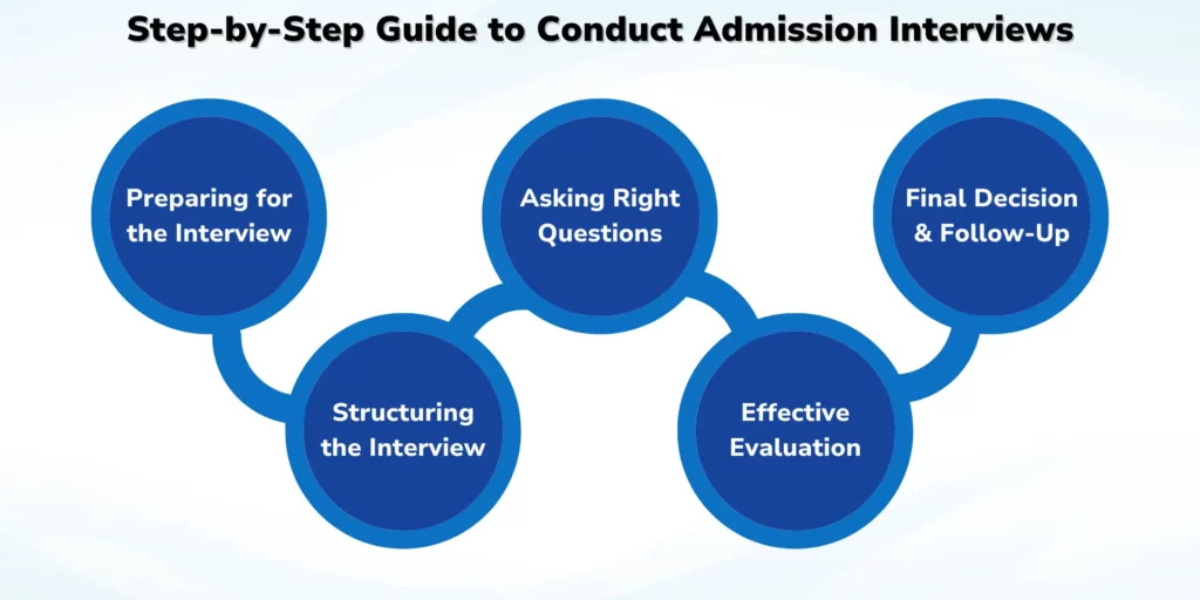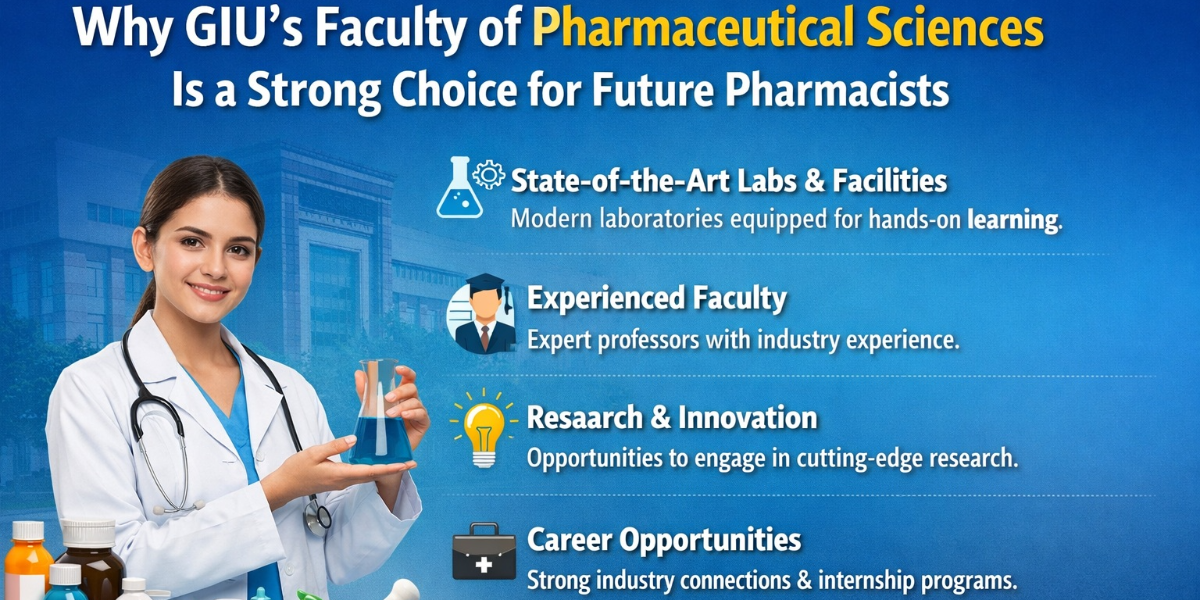 30 Oct 2025
30 Oct 2025
Tips for Excelling in the MS Management Sciences Program
Introduction
Pursuing a Master of Science (MS) in Management Sciences is an exciting and rewarding academic journey that combines analytical thinking, leadership, and strategic decision-making. The program is designed for students who aim to advance their careers in management, research, and consultancy while developing a deeper understanding of how organizations operate in a complex, globalized economy.
Whether you are a recent graduate or a working professional, success in the MS Management Sciences program requires more than just academic effort — it demands commitment, critical thinking, and practical application of knowledge. Below are essential tips to help you excel in your studies and make the most of your postgraduate experience.
Understand the Program Structure
The MS Management Sciences program offers a mix of theoretical and practical knowledge across disciplines such as finance, marketing, operations, human resource management, and strategic planning.
Before the semester begins, familiarize yourself with the program structure, including the core and elective courses, research requirements, and assessment methods. Knowing how each subject contributes to your overall academic and professional goals will help you stay organized and motivated throughout the degree.
Develop Strong Research Skills
Research is the cornerstone of postgraduate studies, and in Management Sciences, it plays a critical role in identifying business challenges, analyzing data, and proposing innovative solutions.
To excel in this area:
- Learn to use research tools such as SPSS, NVivo, or Excel for data analysis.
- Practice writing literature reviews, case analyses, and research proposals.
- Collaborate with your supervisors and peers to refine your research questions and methodologies.
A strong grasp of research methods will not only help you complete your thesis or dissertation but also prepare you for careers in academia, consulting, or strategic management.
Stay Updated with Industry Trends
Management sciences are constantly evolving due to rapid technological advancements, globalization, and shifting business models. To remain competitive, make it a habit to stay informed about current trends in your field.
Read journals, business magazines, and publications like the Harvard Business Review or MIT Sloan Management Review. Participate in seminars, webinars, and conferences related to your specialization. The more you stay connected with the industry, the more relevant and applicable your academic work will become.
Improve Time Management
Graduate programs can be demanding, especially if you’re balancing coursework, research, and possibly part-time work. Effective time management is crucial to maintaining productivity and reducing stress.
Create a weekly schedule that allocates time for reading, assignments, research, and relaxation. Break large tasks into smaller, manageable goals, and prioritize deadlines to avoid last-minute pressure. Tools like Google Calendar, Notion, or Trello can help you stay on track.
Remember: consistency is key. Even dedicating a few focused hours daily to your studies can yield significant progress over time.
Engage Actively in Class
The MS Management Sciences program encourages interaction, debate, and collaboration. Active participation in class discussions not only enhances your understanding of complex topics but also allows you to share ideas and learn from your peers.
Ask questions, share insights from your work experience, and contribute to group projects. Faculty members appreciate students who demonstrate curiosity and initiative. Moreover, this engagement helps you build strong professional relationships and networking opportunities for future collaborations.
Strengthen Analytical and Problem-Solving Skills
A core objective of Management Sciences is to develop analytical and decision-making abilities. Use every case study or project as an opportunity to sharpen these skills.
When analyzing business problems, look beyond surface-level symptoms and identify the root causes. Apply management theories and quantitative tools to develop strategic recommendations. This critical thinking approach will not only help you in exams and assignments but also prepare you for leadership roles in your career.
Collaborate and Network
Graduate school is not just about individual achievement — it’s also about building a professional network. Collaborate with classmates from diverse academic and professional backgrounds. Their experiences can offer new perspectives on management issues and solutions.
Attend networking events, guest lectures, and workshops organized by your university or business associations. These connections can lead to valuable opportunities, including internships, job offers, and research collaborations.
Seek Mentorship
Having a mentor — whether a professor, industry expert, or senior student — can significantly enhance your academic and professional growth. Mentors provide guidance, feedback, and encouragement throughout your studies.
At universities like Green International University (GIU), faculty members often serve as mentors who support students in choosing research topics, developing analytical frameworks, and preparing for careers in management and leadership.
Don’t hesitate to approach your instructors for advice or clarification; they are there to help you succeed.
Balance Academic and Personal Life
While dedication to studies is important, maintaining a healthy work-life balance is equally vital. Overworking can lead to burnout, which affects both performance and motivation.
Incorporate breaks, exercise, and leisure activities into your schedule. A balanced lifestyle keeps your mind fresh and your focus sharp, allowing you to perform better academically.
Focus on Career Application
The knowledge gained in the MS Management Sciences program is highly practical. To make the most of it, continually link your coursework to real-world business scenarios.
Consider doing internships or part-time consulting work alongside your studies. Apply classroom theories to real challenges — such as improving organizational performance, managing human resources, or optimizing business strategies. This practical exposure strengthens your resume and makes you stand out in the job market.
Prepare for Your Thesis or Final Project Early
The research thesis or final project is a major component of the MS program. Start planning it early by selecting a research topic that aligns with your interests and career goals.
Discuss potential ideas with your supervisor, collect data systematically, and keep track of your progress throughout the semester. A well-planned and executed thesis demonstrates your analytical abilities and deep understanding of management principles.
Conclusion
Excelling in the MS Management Sciences program requires a balance of academic discipline, practical application, and personal growth. By developing strong research and analytical skills, managing your time effectively, and staying engaged with both faculty and peers, you can make the most of your graduate education.
At institutions like Green International University (GIU), the program not only equips students with advanced knowledge but also empowers them to lead with confidence, innovation, and integrity in today’s competitive business world.
Success in this program is not about memorizing theories—it’s about applying them creatively to real-world challenges and making meaningful contributions to the field of management







